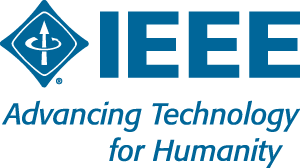KEYNOTE: Kevin Skadron (University of Virginia)
Automata Processing, and the Path to a Multi-Accelerator Future
Power and cooling constraints have brought multicore and accelerator
architectures -- notably GPUs and a variety of mobile SoCs -- into
widespread commercial use. The resulting speedups have increased
interest in development of specialized accelerators, as well as a
renewed interest in reconfigurable logic. However, the questions of how
to incorporate such hardware into general-purpose computer systems, and
how to develop effective programming models, are difficult, because
adding accelerators complicates the design space for both hardware and
software. This talk will briefly review the landscape of heterogeneous
computing, and use Micron's recently-introduced Automata Processor as a
case study in exploring some specific challenges and opportunities for
future heterogeneous systems.
Kevin Skadron is the founding director of the Center for Automata
Processing, as well as professor and chair of computer science, at the
University of Virginia, where he has been on the faculty since 1999. He
received his Ph.D. in Computer Science from Princeton University, and
his BS and BA degrees in Computer Engineering and Economics from Rice
University. He is a Fellow of the IEEE and a recipient of the ACM
SIGARCH Maurice Wilkes Award. Skadron's research interests focus on
design and application of accelerators and heterogeneous architectures,
including solutions to power, thermal, reliability, and programming
challenges. To support research in these areas, he and his colleagues
have developed the Rodinia benchmark suite for heterogeneous computing
and contributed to the new SPEC ACCEL suite, as well as developing the
HotSpot, VoltSpot, and ArchFP modeling tools. The recently-created
Center for Automata Processing seeks to catalyze research on
applications, programming models, and heterogeneous architectures
leveraging automata-based accelerators.

